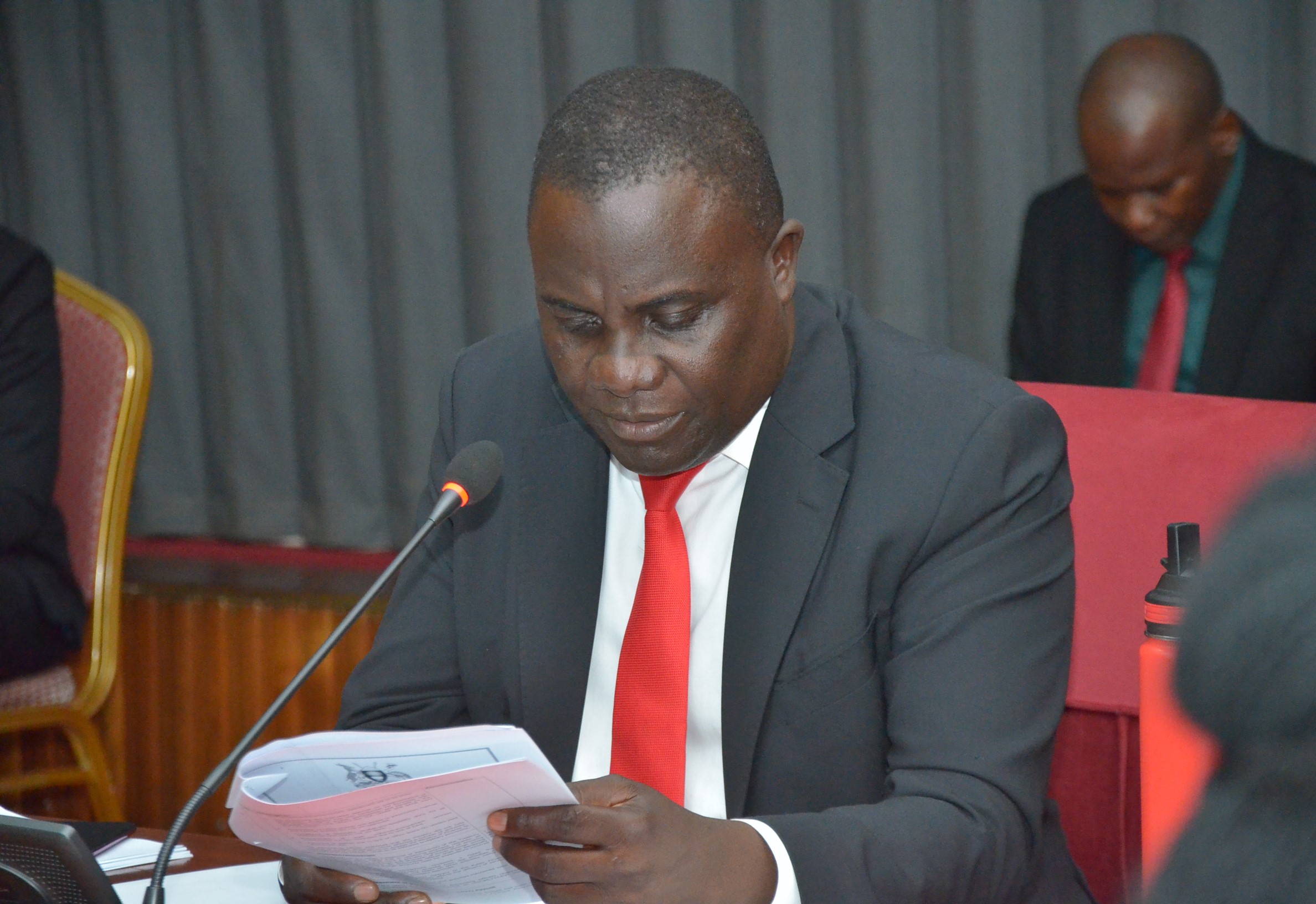The Uganda National Oil Company (UNOC) has reported a staggering profit of Shs37.6 billion, far exceeding its projected revenue of Shs6.989 billion.
This unexpected financial success, primarily driven by strategic investments in treasury bills and fixed deposits, has triggered a significant debate over the transparency and governance of public funds management.
During a meeting on Monday, 27 May 2024, with the Public Accounts Committee (PAC), Hon. Muwanga Kivumbi, the committee’s Chairperson, raised serious concerns about UNOC’s investment strategy.
The PAC reviewed the Auditor General’s report on UNOC’s financial statements for the fiscal year ending 30 June 2023, which highlighted the company’s impressive financial performance. However, the report also pointed out that these investments were not initially included in the budget estimates due to the unpredictability of interest rates and project expenditures.
Hon. Kivumbi emphasized the need for transparency and a robust governance framework, noting that while UNOC’s financial results were commendable, the lack of initial disclosure about their investment strategy raised red flags. “The management of public funds requires utmost transparency and accountability,” he stated.
“The decision to invest in money markets should have been clearly communicated and justified in the initial budget.”
UNOC’s Chief Financial Officer, Emmanuel Mugagga, explained that the extra revenue resulted from interest income on fixed deposits. He detailed that the deposits involved funds from the East African Crude Oil Pipeline (EACOP) project, which were temporarily invested while awaiting project cash calls. Mugagga assured the committee that the decision to invest was cleared by the board and made considering that the funds were not urgently needed.
Despite these explanations, the revelation of the surplus led to mixed reactions from Members of Parliament. Hon. Herbert Tayebwa of Kashongi County questioned the timing and transparency of the investment decision, highlighting the need for more stringent oversight.
“Why did the decision to invest in treasury bills come so abruptly during the budgeting process?” Tayebwa asked, reflecting broader concerns about the ad-hoc nature of the investment.
Conversely, some MPs praised UNOC for their strategic financial management. Hon. Susan Amero, representing Amuria District, commended the company for their honesty in disclosing the surplus, suggesting that less scrupulous management might have concealed the windfall. “Their transparency in revealing the surplus is commendable and shows integrity,” Amero remarked.
However, Hon. Patrick Oshabe of Kassanda North raised additional concerns about the potential for future mismanagement. “There is a temptation for UNOC to invest more project funds for profit,” Oshabe warned. “Do we have a legal framework to support such decisions, ensuring they are made in the best interest of public accountability?”
UNOC’s Chief Executive Officer, Proscovia Nabbanja, defended the investment strategy, explaining that they had anticipated collecting Shs6.989 billion from various revenue streams such as bulk trading, bid submissions, and fees from the Jinja storage terminal.
Nabbanja stated, “We invested funds from the EACOP project in anticipation of cash calls. Instead of holding the money in the account, we invested in treasury instruments, which created the surplus.”





